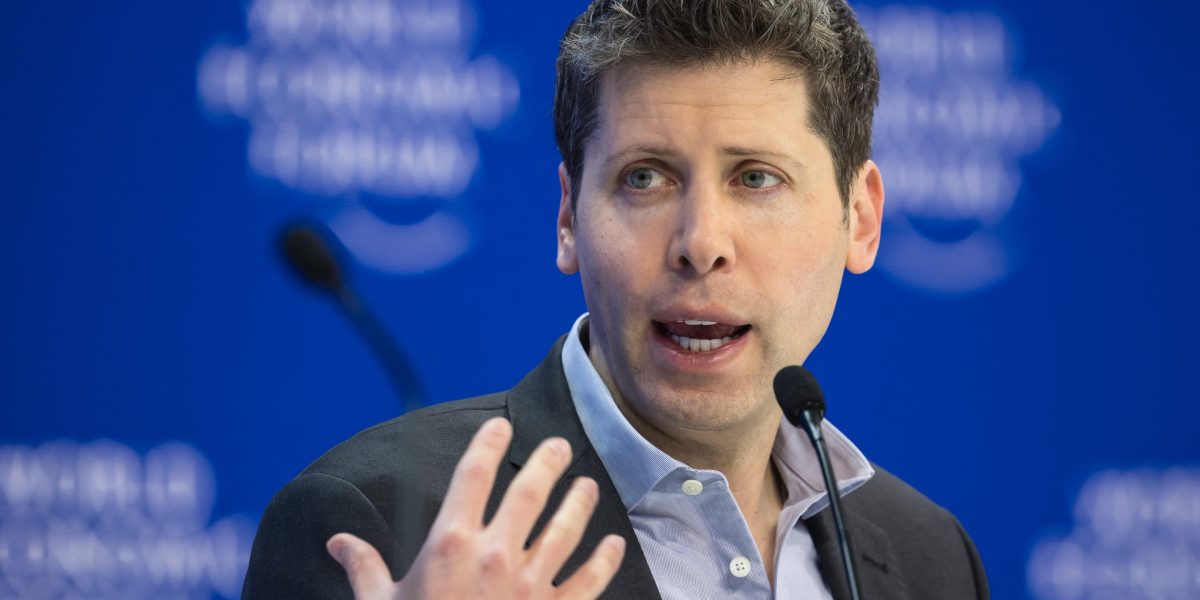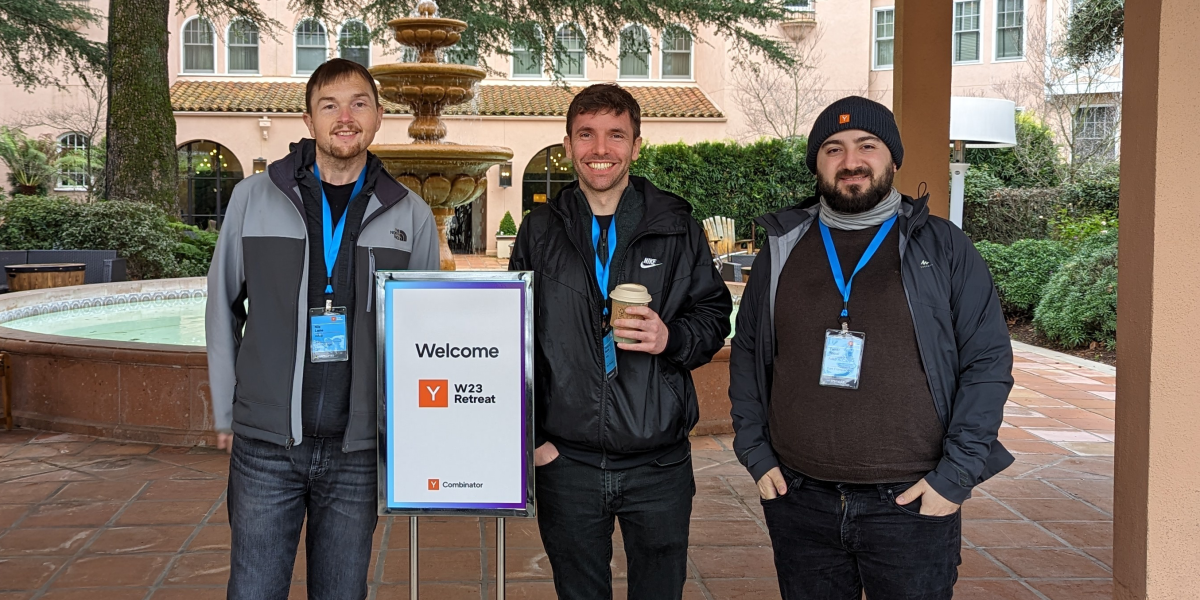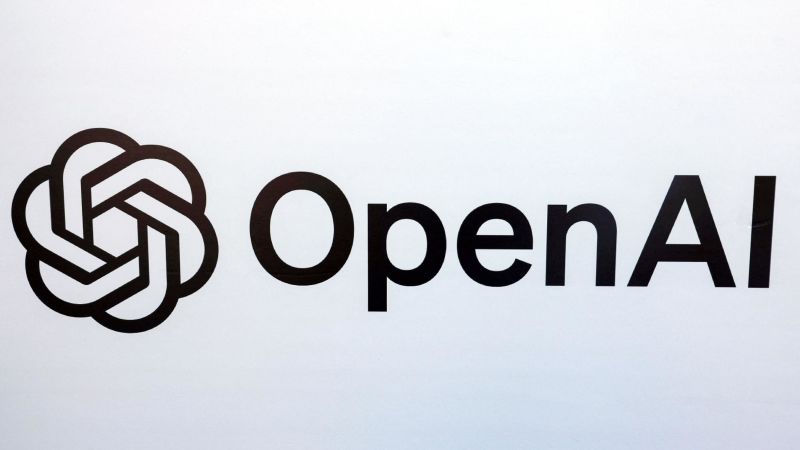Today’s breaking news reveals OpenAI’s introduction of its inaugural text-to-video model, Sora. This innovative model can transform brief text prompts into remarkably realistic, high-definition videos of up to a minute in length. While Sora remains in the research phase and isn’t widely accessible yet, the showcased sample clips have garnered admiration for their quality, despite most being shorter than a minute. MIT Technology Review praised OpenAI for pushing the boundaries of text-to-video generation, while Wired highlighted the model’s proficiency in cinematic grammar. However, skepticism surrounds the model’s unveiling, with concerns raised about the selective nature of the shared samples and the absence of a technical report from OpenAI.
Transitioning to the main story of the day, OpenAI is embarking on a new experiment aimed at enhancing ChatGPT’s functionality. Despite the widespread acclaim for ChatGPT since its inception over a year ago, a crucial feature has been missing: memory. This capability would enable the chatbot to retain information from past interactions, thereby personalizing responses across chats. OpenAI is currently piloting the “memory” feature with a select group of users, allowing ChatGPT to evolve its memory based on user interactions. This development signifies a significant step towards a more personalized and efficient digital assistant experience.
The integration of memory in ChatGPT marks a notable evolution in the product’s journey, potentially revolutionizing the landscape of personal assistant-style chatbots. By enabling the chatbot to leverage accumulated knowledge in each new conversation, users may experience a more seamless and tailored interaction. This capability could bridge the gap between a standard Google search and a truly connected intelligent experience. Despite the promising prospects, concerns regarding privacy implications have surfaced, with critics questioning the potential violations of privacy laws like the GDPR.
OpenAI has assured users of safeguards to prevent the proactive retention of sensitive information by ChatGPT, allowing users to control and manage their data. Additionally, OpenAI has introduced the concept of Temporary Chats, offering users the option to engage in conversations that do not retain any history or memory. This experimental feature underscores OpenAI’s commitment to balancing personalized experiences with user privacy concerns.
As the AI landscape continues to evolve, the introduction of memory capabilities in ChatGPT represents a significant milestone in enhancing user experiences. This experiment reflects OpenAI’s dedication to advancing the capabilities of its products and adapting to the changing demands of AI technology.










